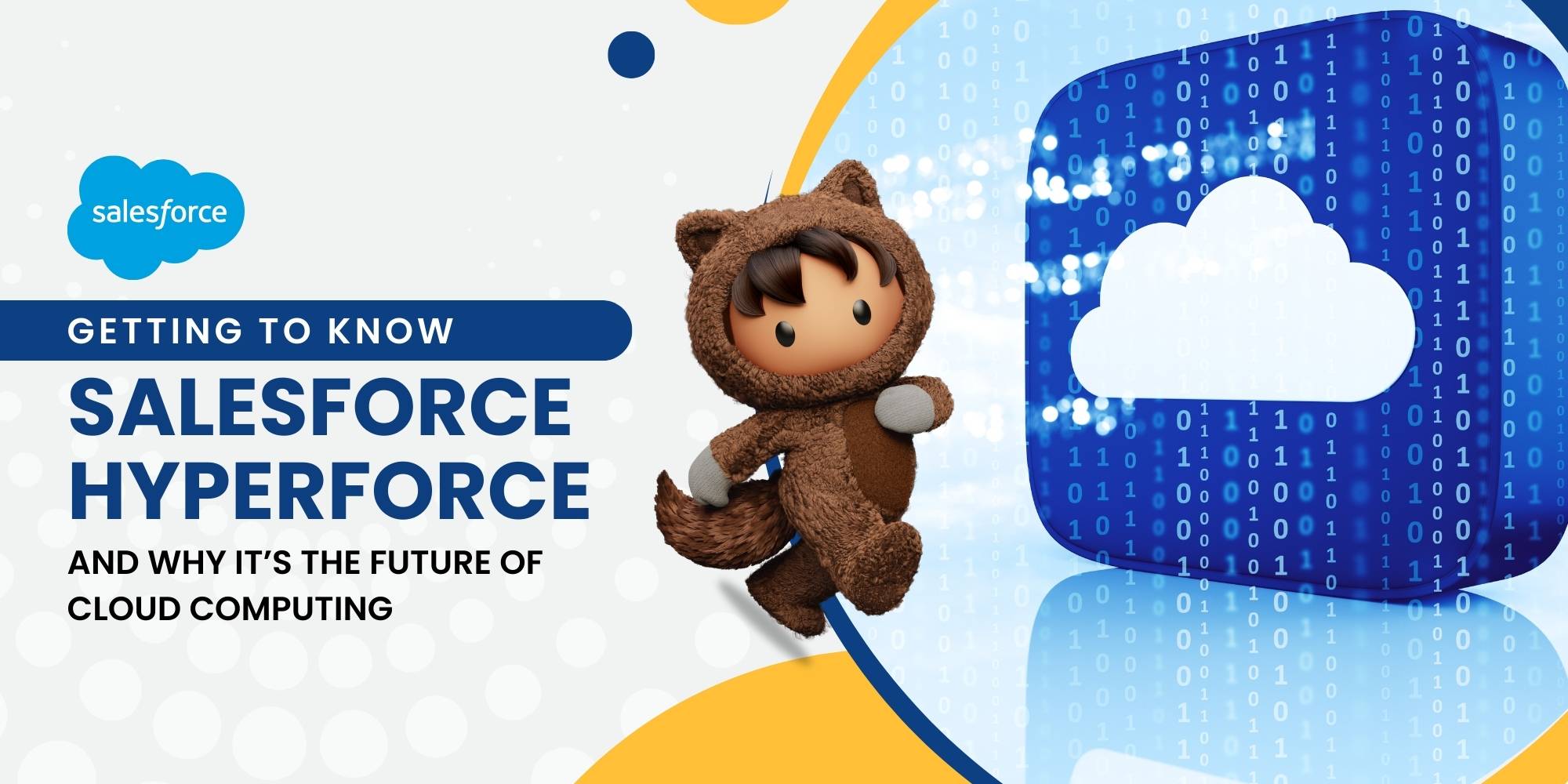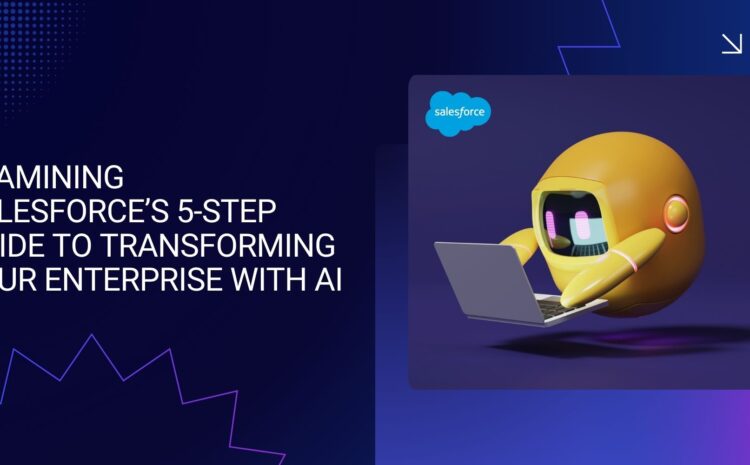Salesforce Hyperforce boosts scalability, security, and performance by running on public cloud providers. It ensures compliance, faster speeds, and cost efficiency while seamlessly integrating with existing Salesforce apps.
Hi everyone! Welcome! Are you excited for another interesting blog? Well, get cozy with your favourite drink and pillow. In today’s post, we’re diving into Salesforce Hyperforce—an innovative platform that enhances scalability, security, and performance by running on top public cloud providers. Ready to learn more? Let’s get started, and if you’re short on time, we’ve got a summary at the end!
Salesforce has long been at the forefront of cloud computing, providing businesses with powerful customer relationship management (CRM) solutions. As technology advances and the need for scalable, secure, and high-performance cloud solutions grows, Salesforce introduced Hyperforce—a next-generation cloud infrastructure designed to take businesses into the future.
What, exactly, is Hyperforce? How does it revolutionize cloud computing, and what benefits does it offer businesses using Salesforce? Let’s explore this game-changing innovation in detail.
What Is Hyperforce?
Hyperforce is Salesforce’s reimagined cloud infrastructure that enables businesses to deploy Salesforce applications on major public cloud providers like Amazon Web Services (AWS), Microsoft Azure, and Google Cloud. Unlike the traditional Salesforce architecture, which operates on Salesforce’s own data centers, Hyperforce provides a more flexible, scalable, and globally distributed environment.
With this transformation, businesses can now choose where to host their Salesforce applications, ensuring better compliance, security, and performance optimization.
Key Features of Hyperforce
1. Global Scalability
Hyperforce allows businesses to deploy Salesforce applications closer to their customers, no matter where they are located. Since it runs on public cloud providers, companies can leverage regional data centers to comply with local regulations while enhancing performance for users worldwide.
2. Enhanced Security and Compliance
Data security and compliance are top priorities in today’s digital world. Hyperforce encrypts data at rest and in transit, ensuring that customer information remains protected. Additionally, businesses can meet regional data residency regulations by selecting cloud infrastructure in their specific geographic locations.
3. Performance and Flexibility
By leveraging hyperscale public cloud providers, Hyperforce ensures faster processing times and improved application performance. Companies experience reduced latency, allowing users to access their Salesforce applications more efficiently.
4. Backward Compatibility
One of the best aspects of Hyperforce is that businesses using Salesforce don’t need to make major changes to their existing applications. It is fully compatible with all Salesforce products, making migration seamless and hassle-free.
5. Cost Optimization
Since Hyperforce leverages public cloud infrastructure, businesses can optimize costs by choosing cloud resources based on their specific needs. It eliminates the need for heavy investments in physical data centers and allows companies to scale on-demand.
How Hyperforce Transforms Cloud Computing
1. Democratizing Access to Salesforce
Previously, companies had to rely on Salesforce’s own infrastructure, which was limited to specific regions. Hyperforce removes these barriers, allowing businesses worldwide to deploy Salesforce applications in their preferred cloud regions. This ensures better accessibility and performance for global customers.
2. Meeting Data Residency Requirements
In many industries, such as finance, healthcare, and government, strict data localization laws dictate where customer data must be stored. With Hyperforce, businesses can host data in their own region, ensuring compliance with laws like GDPR in Europe, CCPA in California, and other global regulations.
3. Driving Innovation with Public Cloud Agility
Salesforce’s partnership with leading cloud providers allows businesses to benefit from the latest advancements in cloud technology. Features like AI-driven analytics, automation, and high-performance computing are now more accessible, helping companies innovate faster.
4. Enhancing Customer Experience
With reduced latency and better scalability, businesses using Hyperforce can deliver seamless digital experiences to their customers. Faster response times and improved reliability enhance overall user satisfaction.
The Future of Salesforce with Hyperforce
Hyperforce represents the future of Salesforce’s cloud infrastructure, positioning itself as a leader in secure, scalable, and high-performance cloud solutions. As more businesses migrate to the cloud and demand greater flexibility, Hyperforce ensures that Salesforce remains a trusted and innovative CRM platform.
Should Your Business Adopt Hyperforce?
If your business relies on Salesforce and requires global scalability, enhanced security, and compliance with data regulations, migrating to Hyperforce is a strategic move. It future-proofs your CRM investment and ensures your Salesforce applications can grow alongside your business needs.
Salesforce Hyperforce is a revolutionary step in cloud computing, offering businesses unparalleled performance, security, and scalability. Whether you’re a small startup or a global enterprise, Hyperforce provides the agility and efficiency needed to thrive in the digital age.
As Salesforce continues to innovate, Hyperforce will play a key role in shaping the next generation of cloud-based CRM solutions. If you’re looking to stay ahead in the digital landscape, embracing Hyperforce could be the game-changer your business needs.
Hope you enjoyed this post! While you’re here, and in a reading mood, why not check out a few of our other pieces? We have several blog posts on Cloud Technologies, Salesforce CRM, AI, Salesforce CPQ, Zoho, Bitcoin, Cybersecurity, AWS, and many other topics that we just know you’ll love. Browse the topics here.




